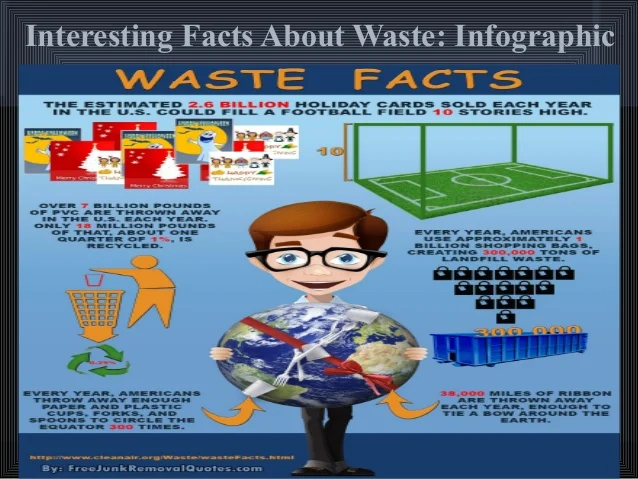The Journey Of Dumpster Rental: Evaluating Its Historical Roots, Present-Day Practices, And Future Developments
The Journey Of Dumpster Rental: Evaluating Its Historical Roots, Present-Day Practices, And Future Developments
Blog Article
additional Info Created By-Therkelsen Sumner
As you consider the development of dumpster rental, think about exactly how each era has contributed to shaping the waste monitoring landscape we browse today. From humble beginnings in the 1930s to the advanced technologies of the present, the trip of dumpster rental has actually been marked by development and adjustment. Yet what lies on the perspective for this necessary solution? The future fads in sustainable methods hold the trick to unlocking an extra effective and eco-conscious approach to lose monitoring. Stay tuned to find just how roll-off dumpster rental services is poised to welcome a greener tomorrow.
Historical Roots of Dumpster Rental
Explore the origins of dumpster leasing and exactly how it has formed waste monitoring techniques gradually.
Dumpster rental traces back to the 1930s when George Roby Dempster, a Tennessee business owner, created the Dempster-Dumpster. This essential production revolutionized waste disposal by providing a designated container for collecting and transferring garbage effectively. Initially utilized for building sites, the principle promptly increased to domestic and commercial settings, causing the establishment of the very first dumpster rental solutions in the 1960s.
Over the years, dumpster leasing has considerably influenced waste monitoring methods by promoting comfort, sustainability, and organization. The capacity to centralize waste in devoted containers enhances collection procedures, minimizes littering, and improves reusing efforts. Furthermore, dumpster service urges individuals and services to embrace accountable waste disposal routines, contributing to cleaner atmospheres and lowered ecological effect.
Modern Innovations in Waste Management
Integrating advanced technologies and lasting methods has actually changed waste administration recently, boosting effectiveness and environmental effect. One significant innovation is the use of wise waste monitoring systems that use sensing units to monitor waste levels in real-time, enhancing collection courses and timetables. These systems help in reducing unnecessary pickups, lowering gas usage and emissions.
An additional contemporary advancement is the execution of waste-to-energy facilities, where non-recyclable waste is exchanged power via processes like incineration or anaerobic digestion. This not only reduces the volume of waste destined for land fills yet additionally creates renewable resource.
Moreover, the intro of single-stream recycling has simplified the recycling procedure for consumers, bring about higher participation rates and higher diversion from garbage dumps. Furthermore, developments in composting innovations have actually made natural waste management a lot more reliable, turning food scraps and lawn waste right into valuable garden compost for agricultural use.
Anticipated Trends in Sustainable Practices
Sustainable waste monitoring practices are progressing swiftly to meet the enhancing needs for ecological duty and resource efficiency. As you aim to the future, numerous key patterns are expected to shape the sector. One major focus will certainly be on lowering waste generation via far better item design and packaging. Firms will increasingly embrace circular economic climate concepts, intending to reduce waste and optimize the lifespan of items.
One more trend to look for is the increase of innovative recycling modern technologies. Technologies in chemical recycling and pyrolysis are expected to offer new solutions for taking care of facility or infected waste streams that traditional recycling techniques have a hard time to process efficiently. These technologies have the prospective to change exactly how we manage waste, turning difficult-to-recycle materials right into beneficial resources.
Additionally, expect to see a better emphasis on organic waste diversion. Composting programs and anaerobic food digestion centers will end up being extra widespread as communities make every effort to reduce the quantity of organic matter sent to garbage dumps. By purchasing these lasting techniques, we can move in the direction of a more round and resource-efficient waste management system.
Conclusion
Finally, dumpster leasing has come a long way because its inception in the 1930s. From its modest starts on construction sites to its extensive usage in domestic and industrial settings, the market has continuously progressed to meet the transforming demands of waste management.
With the introduction of modern technologies and a focus on sustainable practices, the future of dumpster rental looks appealing, with a solid emphasis on effectiveness, ecological obligation, and advancement.
